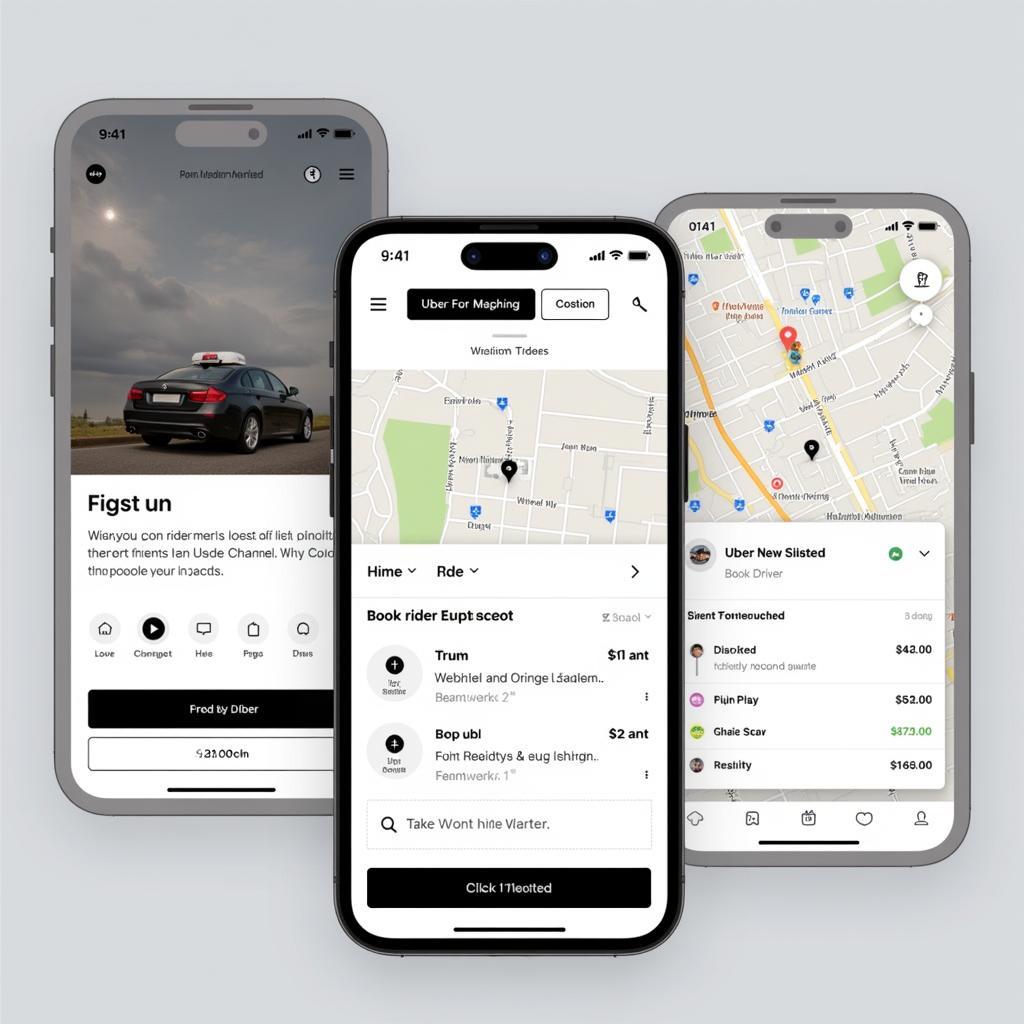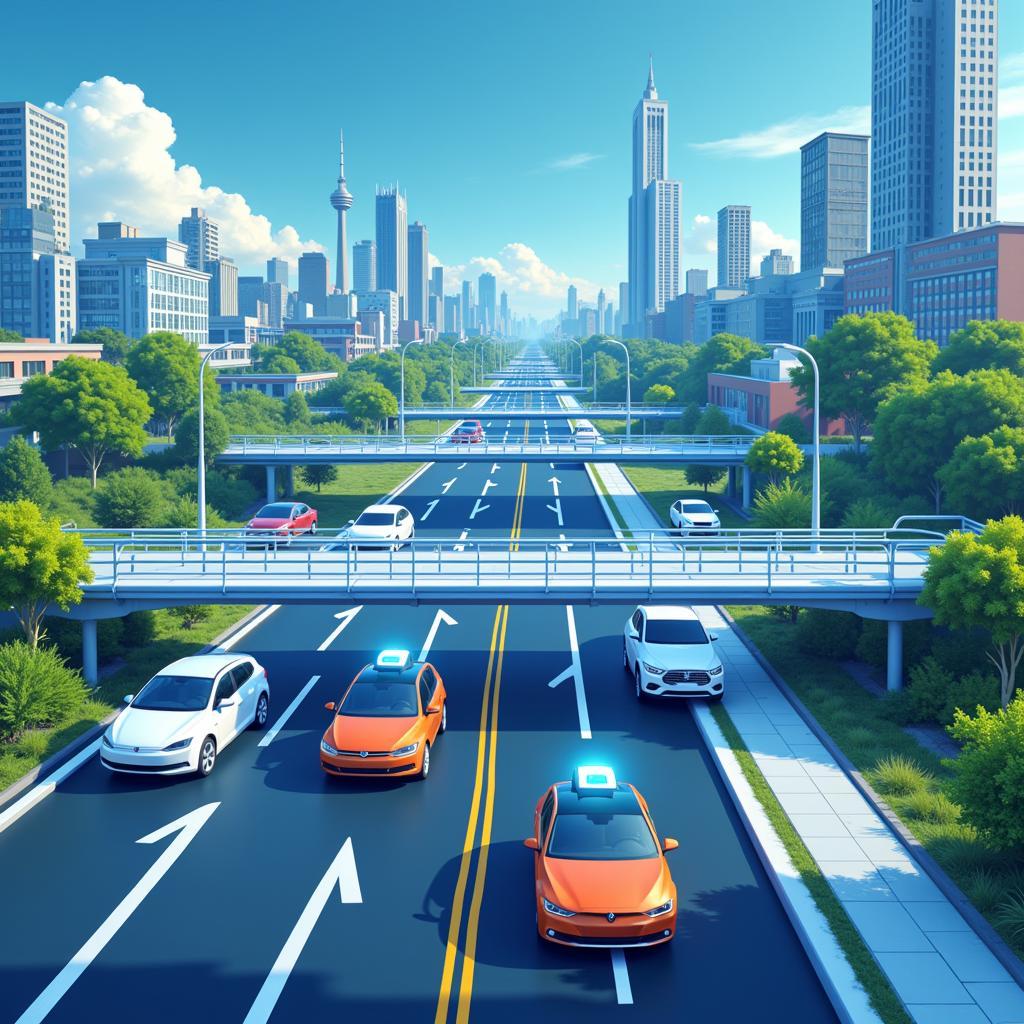How Has Uber Affected the Car Service Industry?
Uber’s arrival dramatically reshaped the car service industry. From how we hail rides to the very structure of the landscape, the impact is undeniable and continues to evolve. This article delves into the multifaceted ways Uber has influenced the traditional car service sector, examining both the benefits and drawbacks of this disruptive force.
The Rise of Ride-Sharing and its Impact on Traditional Car Services
Before Uber, taxis and traditional car services held a near-monopoly. These established services often faced criticism for inconsistent pricing, limited availability, and varying service quality. Uber’s app-based platform offered a convenient alternative, connecting riders with drivers directly and providing transparent pricing. This ease of use and perceived value proposition quickly disrupted the status quo. Traditional car services were forced to adapt or risk being left behind.
Advantages of the Uber Model for Consumers
Uber’s model presented several advantages for consumers, contributing to its rapid adoption. The app’s user-friendly interface simplified booking, eliminating the need for phone calls or street hails. GPS tracking provided real-time location information, enhancing safety and transparency. Furthermore, surge pricing, while sometimes controversial, incentivized drivers to operate during peak hours, increasing availability when it was needed most.
 Uber App Interface
Uber App Interface
Challenges and Criticisms of Uber’s Influence
Despite its popularity, Uber has faced considerable criticism. Concerns regarding driver classification and employment rights have been a constant source of debate. The gig economy model, while offering flexibility, often lacks the benefits and protections afforded to traditional employees. Moreover, the impact on established taxi services and local regulations has created friction in many cities. The regulatory landscape continues to evolve as governments grapple with how to classify and regulate ride-sharing companies.
The Evolution of the Car Service Landscape: Competition and Innovation
Uber’s entry spurred competition and innovation within the car service industry. Existing companies were forced to modernize their operations, incorporating app-based booking and improving service quality. New players emerged, offering specialized services like ride-sharing for specific demographics or luxury transportation. This competitive landscape ultimately benefits consumers with more choices and improved services.
How Traditional Car Services Are Adapting
Traditional car services have responded to the Uber challenge in various ways. Many have developed their own apps to compete directly with ride-sharing platforms. Others have focused on niche markets, emphasizing personalized service and catering to specific customer needs. Some have even partnered with technology companies to integrate new features and improve operational efficiency.
The Future of Car Services in the Age of Ride-Sharing
The future of car services is likely to be a blend of traditional and ride-sharing models. Integration with other transportation modes, such as public transit and bike-sharing, is increasingly common. The development of autonomous vehicles could further revolutionize the industry, potentially disrupting both traditional and ride-sharing services. As technology continues to advance, the car service landscape will undoubtedly continue to evolve.
Has Uber negatively affected the taxi industry?
Yes, Uber has significantly impacted the taxi industry, often negatively. The increased competition and ease of use of ride-sharing apps have led to a decline in taxi ridership in many cities.
How has Uber changed transportation?
Uber has fundamentally changed transportation by making it more accessible and convenient. The on-demand nature of ride-sharing has transformed how people travel, particularly in urban areas.
 Future of Car Services
Future of Car Services
In conclusion, Uber’s influence on the car service industry is undeniable. While its arrival has created challenges, it has also spurred innovation and improved the overall consumer experience. The future of car services will be shaped by continued technological advancements and the ongoing evolution of consumer preferences. How has Uber affected the car service industry? It has revolutionized it, forcing adaptation and paving the way for a new era of transportation.
FAQ
- How does Uber’s pricing compare to traditional taxis?
- Are Uber drivers properly vetted?
- What are the safety measures in place for Uber riders?
- How do I file a complaint about an Uber ride?
- What insurance coverage does Uber provide for its drivers and riders?
- How is Uber regulated in different cities?
- What are the environmental impacts of ride-sharing services like Uber?
Need further assistance? Contact us via WhatsApp: +1(641)206-8880, Email: [email protected]. We have a 24/7 customer support team.

